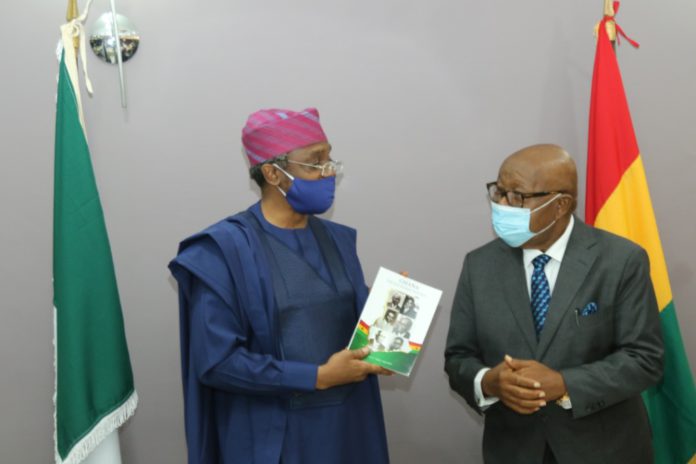The Speakers of the Ghana Parliament and the Nigeria House of Representatives, have had talks to find solutions to the challenges brought about as a result of Ghana’s implementation of the Ghana Investment Promotion Centre (GIPC) Act 2013, Act 865.
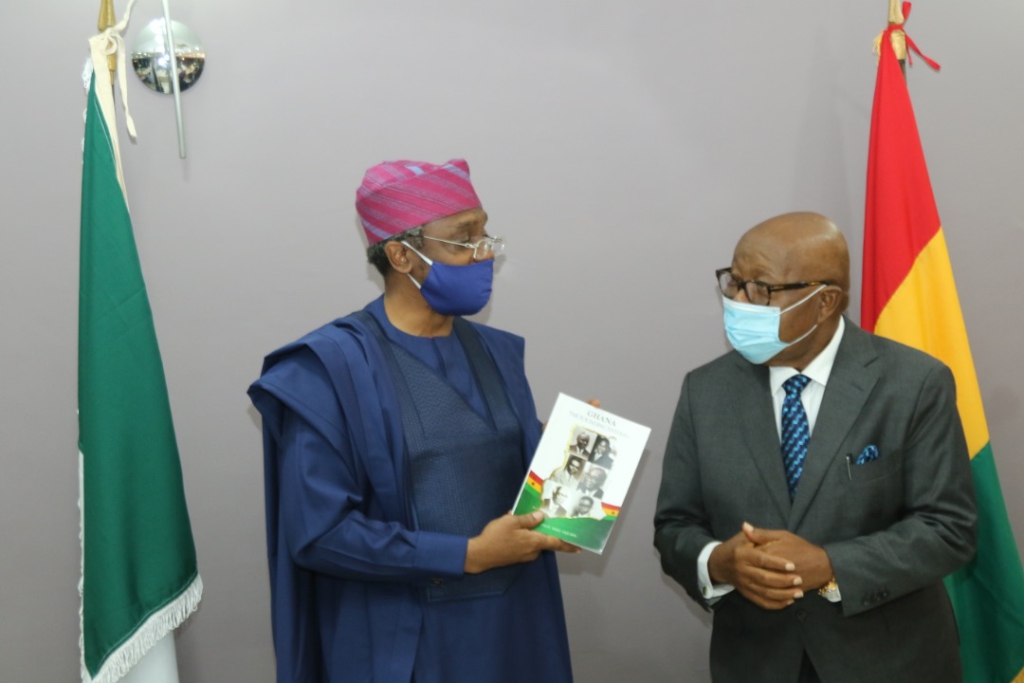
Discussions between Prof. Aaron Michael Oquaye and Olufemi Gbajabiamila so far have been on how the implementation of Act 865 can be implemented in an amicable manner.
They want it done in a manner that will not render Nigerian traders in Ghana jobless since most of them have had their shops closed and some fines levied at them in accordance with the provisions of Act 865.
Ghana’s sovereignty and national interest in the matter have been at the front burner in all the discussions held so far.
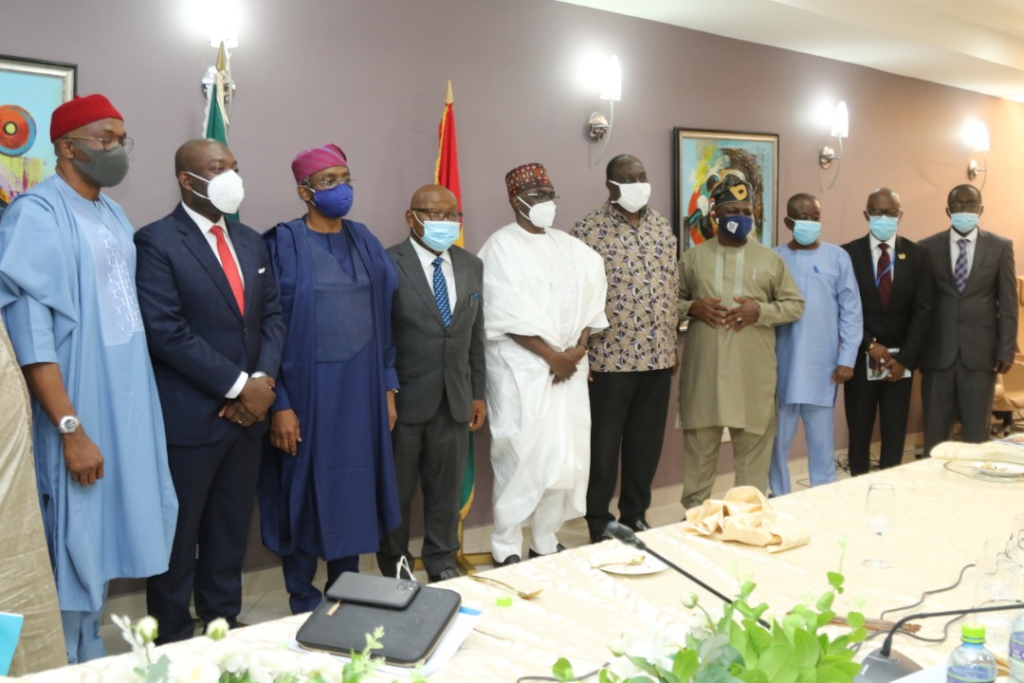
Participants in the discussions included the 12-member delegation from Nigeria, Ghana’s Trade Minister, the Minister for National Security, the Deputy Minister for Foreign Affairs, the Chief Executive Officer of the GIPC, the Chairman and Deputy Ranking Member of the Parliamentary Committee on Foreign Affairs, the Clerk to Parliament, and some key Parliamentary staff.
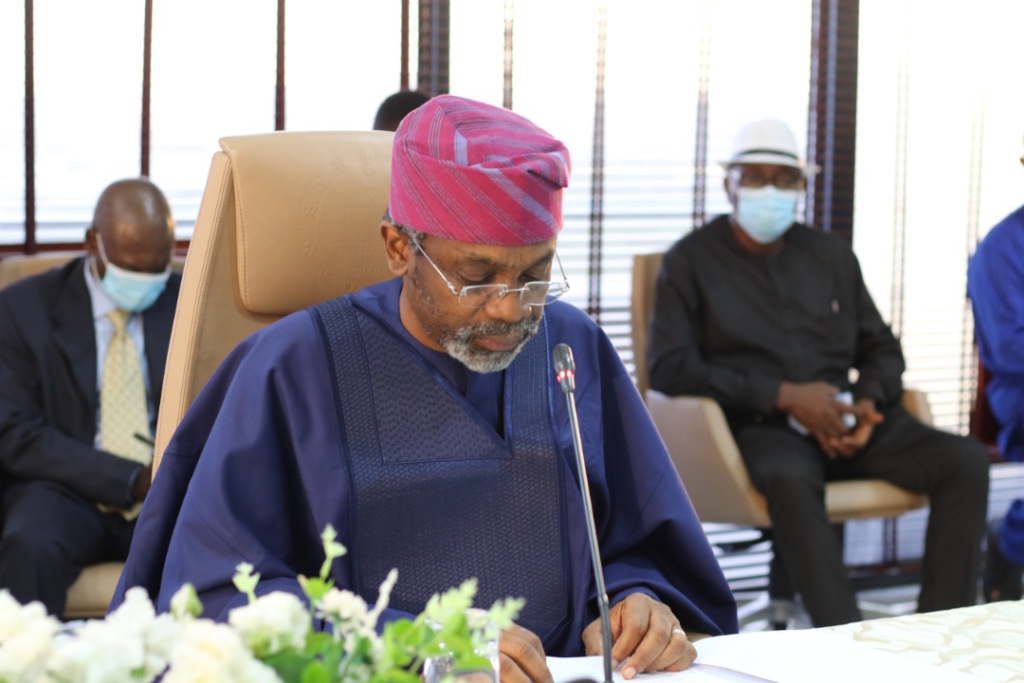
Speaker Olufemi Gbajabiamila, in a round table discussion in Parliament on Wednesday, referred to the economic, social and political ties that bind Ghana and Nigeria together.
He urged the two countries to use legislative diplomacy to resolve the issues confronting them.
This, he said, is most appropriate, since he and the Prof Oquaye, had on previous occasions, worked together, using the same tools to resolve economic issues not only between the two countries but in the sub-region.
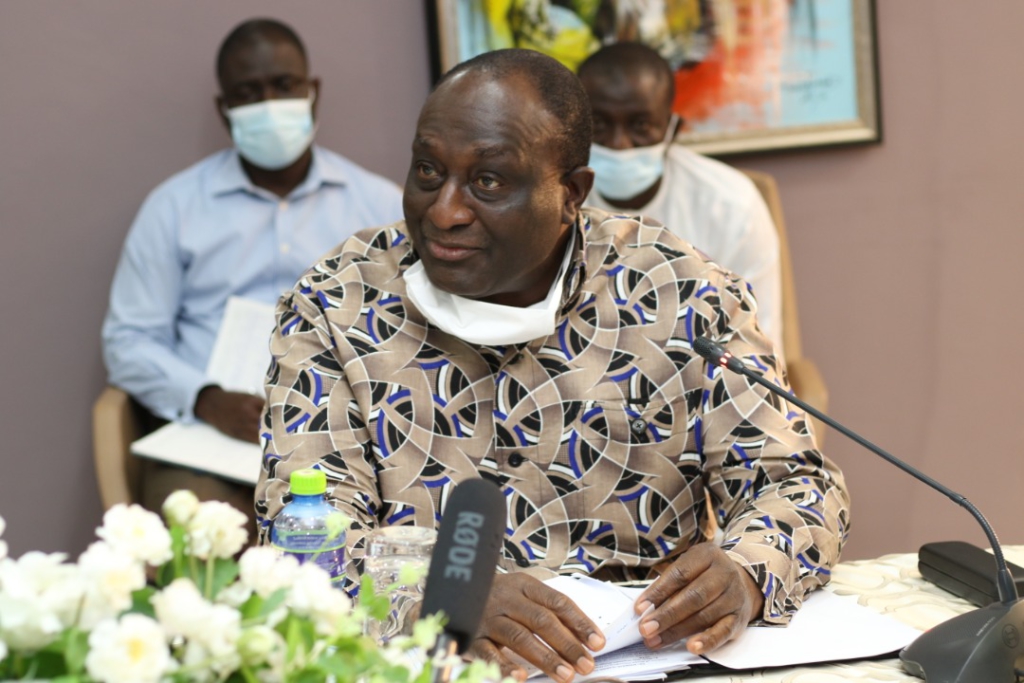
Ghana’s Trade Minister, Alan Kyerematen explained the context of the GIPC Act and its implementation and said that it was not targeted at any particular national and definitely not Nigerians.
He outlined ways by which the two countries can have mutual trade relations with the requisite benefits.
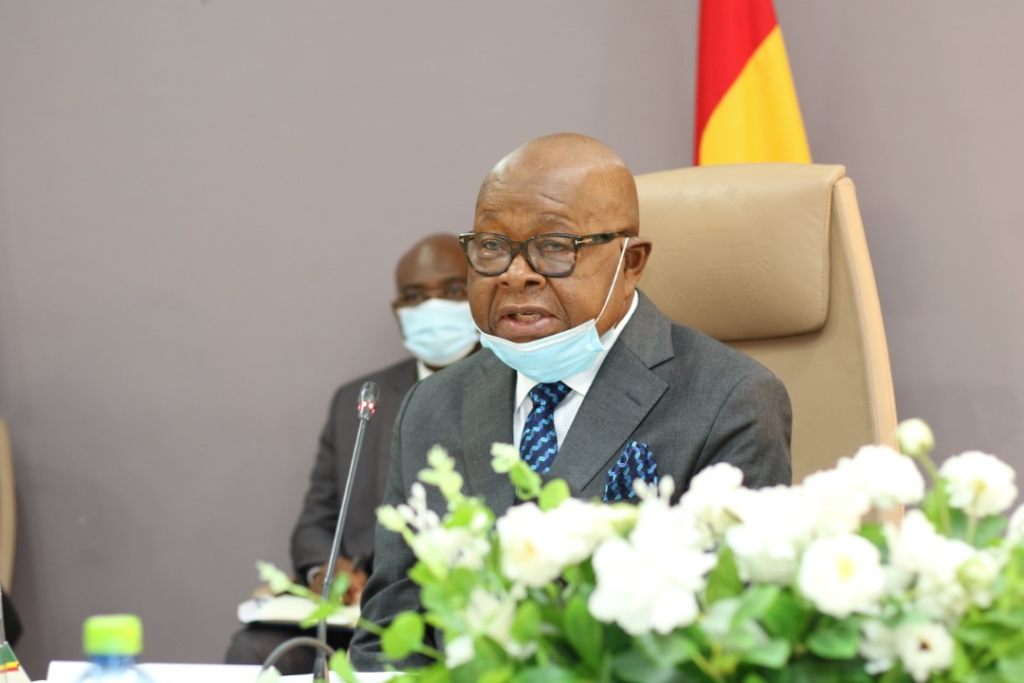
Speaker Oquaye, while assuring Nigeria of Ghana’s good intentions, also pointed out that reports on the matter may have escalated tensions.
He cautioned that private or commercial arrangements between individuals and organisations of the two countries should not be confused with governments’ engagements.
He also encouraged the use of diplomacy in the resolutions. Both countries are keen on finding a lasting solution to the matter

